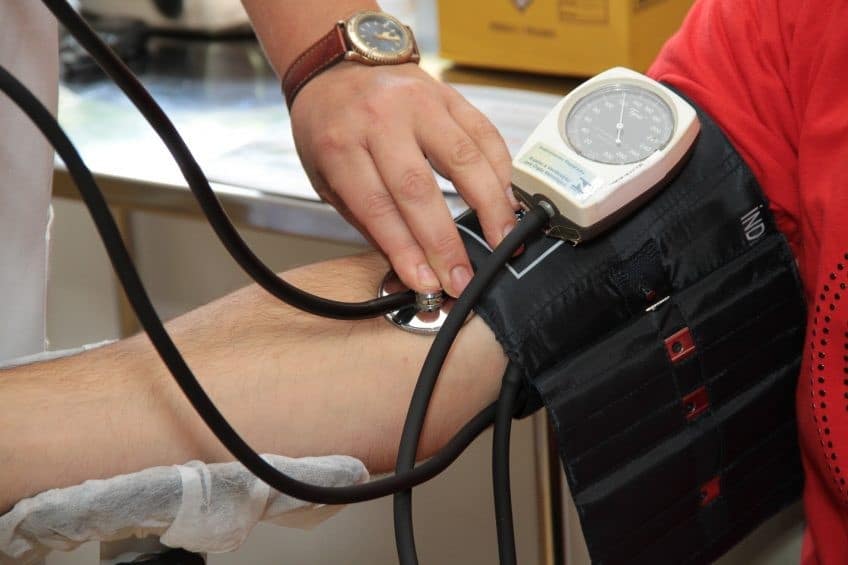Claim For Comprehensive Risk Management Failure Must Go Through Pre-Suit Requirements
Medical MalpracticeIn the case of St. Joseph’s Hospital v. Doe (Case Number 2D16-2122), the Second DCA established that a claim brought under section 766.110, Fla. Stat., for an alleged deficiency in a hospital’s comprehensive risk management plan is considered a “medical malpractice” case and should go through the mandatory pre-suit process before a lawsuit is filed.
Facts Of The Case
St. Joseph’s Hospital in Tampa, Florida was sued because a female patient claimed that she was sexually assaulted by a hospital employee while she was a mental health patient at the facility. The plaintiff did not go through the Florida medical malpractice pre-suit process outlined in Chapter 766, Florida Statutes. Instead, she simply filed a lawsuit against the hospital to which the hospital filed a motion for summary judgment (in Florida, a summary judgment may be appropriate when the only issue to be decided is a question of law rather than a question of fact). The case was essentially dismissed because the claimant did not comply with pre-suit notice requirements.
Holding Of The Case
The Second DCA decided that a claim against a hospital for a failure of its “comprehensive risk management plan” is in fact a medical malpractice claim that is subject to pre-suit notice requirements. Section 766.110 is itself found within Chapter 766, which is the chapter dealing directly with medical malpractice. Therefore, it should be no surprise that the court found a 766.110 claim to be medical malpractice. However, a claim for a failure in the comprehensive risk management plan is essentially a claim against the hospital for a failure to have a hospital-wide protocol on a certain subject (or an inadequate hospital-wide protocol).
In order to comply with the Chapter 766 pre-suit requirements, a claimant suing a hospital for failure to have a protocol requires an expert who has the following qualifications (see section 766.102(7)):
…a person may give expert testimony on the appropriate standard of care as to administrative and other nonclinical issues if the person has substantial knowledge, by virtue of his or her training and experience, concerning the standard of care among hospitals, health care facilities, or medical facilities of the same type as the hospital, health care facility, or medical facility whose acts or omissions are the subject of the testimony and which are located in the same or similar communities at the time of the alleged act giving rise to the cause of action.
Therefore, the standard of care as it applies to administrative or other nonclinical issues (such as whether to permit a nurse to be alone with a mental health patient) must involve a discussion of whether other similar hospitals in similar communities have that same protocol or not.
Legal Commentary On Holding
This decision is not a bad one for plaintiffs in Florida even though the case was essentially dismissed. Prior to this decision, I was not aware of any case in Florida that explicitly recognized a cause of action against a hospital for a failure to have a hospital-wide protocol on its books. While a failure to have a hospital protocol was discussed by legal scholars and perhaps been the subject of many medical malpractice cases, there was no case that had been through litigation far enough to involve a written opinion from an appellate court.
The significance of this judicial opinion is that there is in fact a cause of action in Florida for a hospital’s failure to have an appropriate protocol on the books that applies hospital wide. While section 766.110 was amended in 2011, prior versions of the statute going back to at least 1985 only permitted a claim against a hospital for negligent hiring of physicians or staff (See Insinga v. LaBella, 543 So. 2d 209 (Fla. 1989).
In particular, Ms. Doe’s lawsuit claimed that:
St. Joseph’s breached its duty of care to Ms. Doe by failing to exercise reasonable care to prevent Ms. Doe from being sexually assaulted. Ms. Doe’s attacker was able to enter and exit Ms. Doe’s room repeatedly on the evening of the assault and engage in highly suspicious activity in the common areas before the assault. Reasonable care required St. Joseph’s to adopt and employ procedures to identify suspicious behavior to prevent forthcoming attacks.
Ms. Doe had reported the incident to risk management at St. Joseph’s Hospital but that when she reported the incident to hospital officials, they tried to intimidate her and failed to investigate the allegation. These claims are wholly different from prior claims of a claim against a hospital for hiring unqualified employees.
Contact A Lakeland, Florida Medical Malpractice Lawyer For Help With Your Case
If you have been injured or damaged by an incident of medical malpractice, you should speak with a medical malpractice attorney in Lakeland, Florida about whether you have a case. An appointment to meet with an attorney is free. Call today to schedule your free case review.


